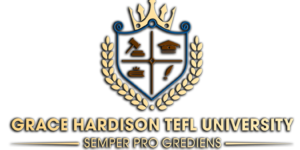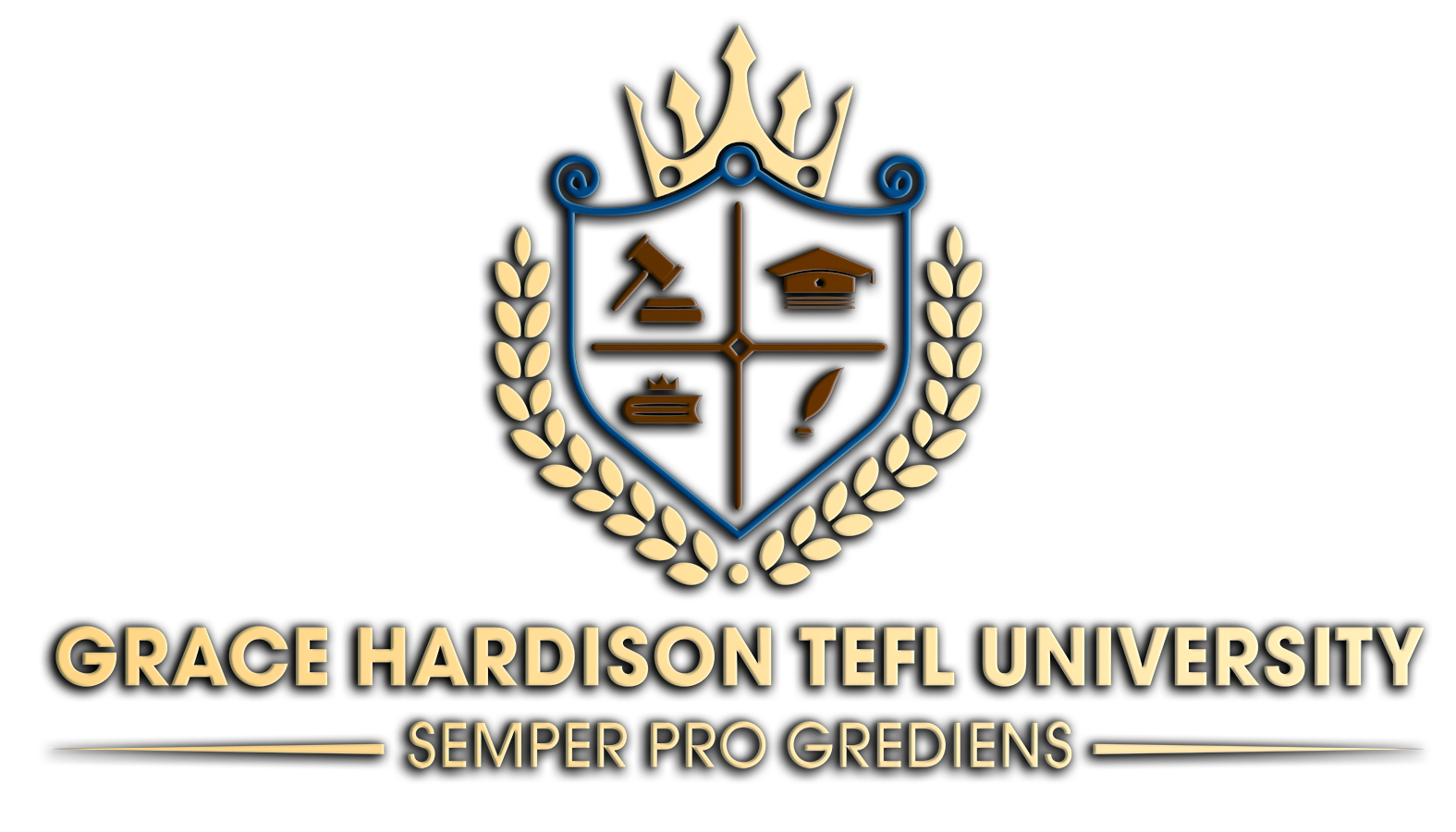Bachelor of Arts Degree – BA - TEFL
Here’s what you’ll walk away with…
- Your Degree Certificate
- Your Degree Transcript
- Your Degree Authentication Letter
- Your Teaching License
- Bonus: Your Premium 140 Hours TEFL Certificate
Eligibility
We welcome students at different stages of life:
- Pursuing your first degree
- Exploring a new career path
- Returning to university
- Teaching aspirants who are planning to enter the field of TEFL/ESL/EFL teaching, either Online or Abroad.
- Those with an existing TEFL/TESOL Certification who wish to pursue a professional fully accredited BA Degree in TEFL through the most updated and actionable instructional methodologies in the contemporary TEFL teaching environment.
BA – Tefl
3 Year Equivalent
Teach English as a Foreign Language
Under 1 Year – $1200 (with affordable payment plans)

Course credits for Recognition of Prior Learning and Work experience
Course credits will be considered for:
- Previous TEFL or TESOL Certifications
- Teaching experience of more than 3 months.
- Any previous higher learning certification, diploma etc.
- Previous work experience in a mentorship, coaching, training, supervisory or leadership role.
About the Course
The Bachelor’s of TEFL is Grace Hardison’s founding degree program, and the university’s associated 140-hour TEFL certificate course set the bedrock for its curriculum.
Enrollees can take advantage of an accelerated learning process and finish all program requirements in as little as one year or less.
Valuable resources provided include a comprehensive textbook and research links to accelerate your completion pathway that advocate a suitable work-life balance.
The six modules which comprise the BA program provide a holistic TEFL perspective for the learner.
The modules require the students to complete research-based assignments with a central focus upon in-classroom practicality.
Subject matter ranges from linguistic and methodological to cultural. This varied approach is purposeful and aims to provide a well-rounded and global perspective for soon-to-be TEFL instructors.
Course Outcomes
- Create a safe, positive, inspiring, and productive learning environment that supports and facilitates English learning for all students that impact on a local and global level.
- Identify language learning theories and TEFL teaching approaches in their components.
- Apply sound principles and practices of classroom management.
- Analyze TEFL educational problems and define requirements for appropriate teaching and assessment solutions.
- Engage students in learner-centered and communicative lessons.
- Teach listening, speaking, pronunciation, reading, writing, grammar, and vocabulary.
- Demonstrate a thorough understanding of students’ English language proficiencies and be able to adapt and adjust curriculums to their English language development and the learning sciences.
- Construct well-written, research-based, and developmentally appropriate TEFL lesson plans that reflect active teaching and learning.
- Incorporate games, music, drama, audio, video and relevant technology.
- Understand issues and strategies of acculturation for teachers and students.
- Conduct effective evaluation of ongoing assessment that is developmentally appropriate and sensitive to TEFL students’ unique capabilities.

Course Assessment
Living in an information-driven society, students need to construct their meaning and apply what they have learned in new situations. To do so, they need to learn to think critically about knowledge and the world.
At Grace Hardison TEFL University, we have implemented an assessment-based evaluation approach to assess the learning of our students. It is conducive to learning online/correspondence and, more importantly, facilitates assessment advanced by the perennial need for a work-life balance of our students.
We assess our students with assigned coursework (assignments) to read their writing and work skills, discernment of the subject, and overall success in their course.
Formative assessment helps students during the learning process by enabling them to reflect on their challenges and growth so they may improve.
By analyzing students’ performance through formative assessment and sharing the results with them, we help students understand their strengths and weaknesses and reflect on how they need to improve over their remaining studies.
With this in mind we have taken due cognizance of some of the distinct benefits of assignment-based evaluation:
Our grading system is a comprehensive evaluation of your assignments, and as such your Official Transcript will reflect both the UK module marks as well as the US 4.0 GPA system. From our experience this helps your future employers ease of reference in terms of your overall academic performance.
UK Grades to 4.0 GPA Scale : According to Fullbright US – UK Commission, here’s the comparable scale to convert UK grades to a 4.0 GPA scale.

| UK module marks | UK degree classification | GPA |
| 70+ | First class honours | 4.0 |
| 65-69 | Upper-second class honours | 3.7 |
| 60-64 | Upper-second class honours | 3.3 |
| 55-59 | Lower-second class honours | 3.0 |
| 50-54 | Lower-second class honours | 2.7 |
| 45-49 | Third class honours | 2.3 |
| 40-44 | Third class honours | 2.0 |
| 35-39 | Ordinary/Unclassified | 1.0 |
| Below 35 | Ordinary/Unclassified | 0.0 |

